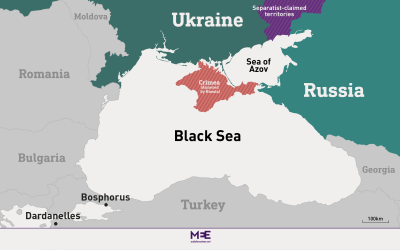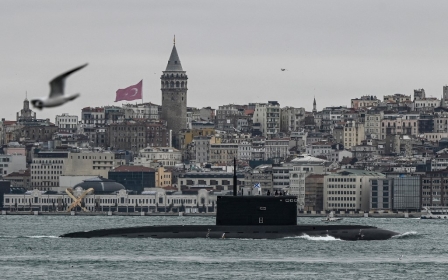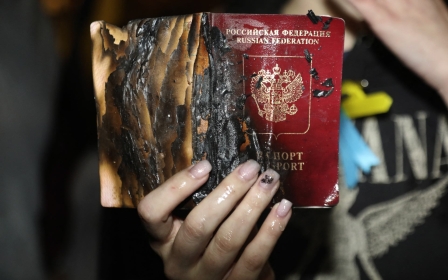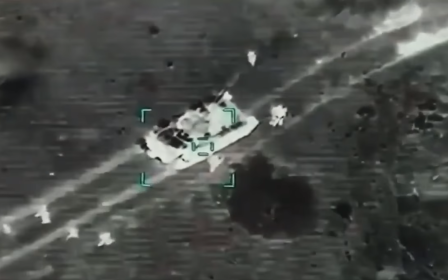Algeria offers to supply EU with extra gas amid Russia-Ukraine crisis
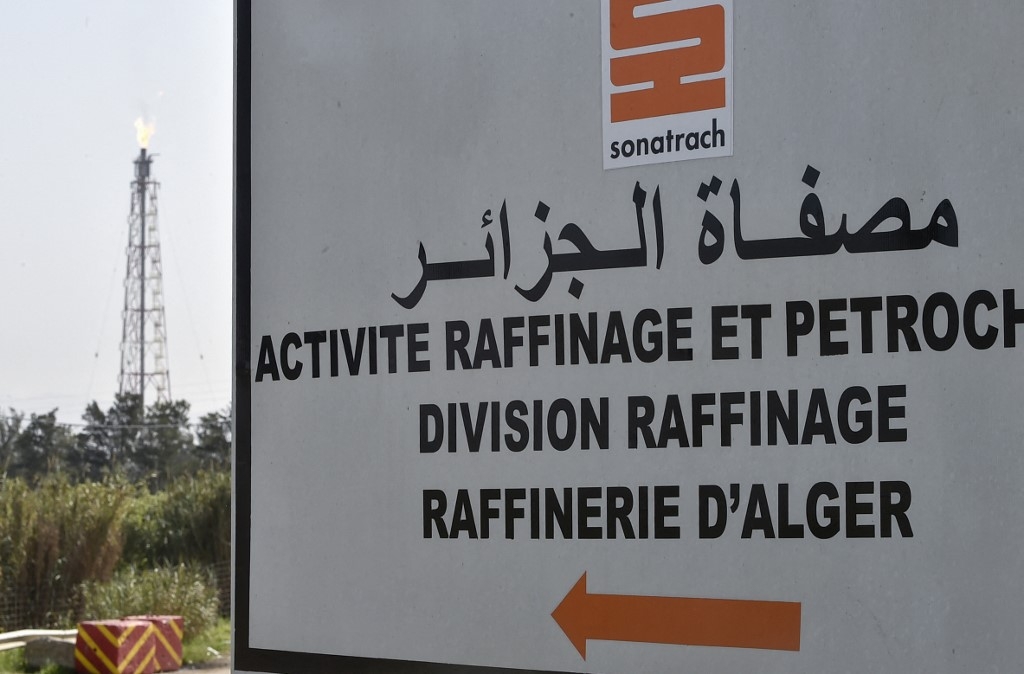
Algeria's state energy firm is ready to supply Europe with more gas in the case of a possible decline due to the Russian invasion of Ukraine, its CEO said Sunday.
Sonatrach CEO Toufik Hakkar said the firm was ready to pump additional gas to the EU from its surplus via the Transmed pipeline linking Algeria to Italy.
Sonatrach is "a reliable gas supplier for the European market and is willing to support its long term partners in the event of difficult situations," Hakkar was quoted as saying in the daily Liberte, AFP reported.
Hakkar nonetheless said this would be contingent on the availability of a surplus of gas or liquified natural gas (LNG) once the national demand and "contractual engagements" are met.
He pointed to an "unused capacity" in the Transmed pipeline that could be used to "increase the supplies to the European market".
The Transmed pipeline, jointly operated with Italy's ENI, has a capacity of some 32 million cubic metres per year - four times that of the Medgaz pipeline from Algeria to Spain.
The top executive added that Sonatrach could expand its supplies to countries not currently served by existing pipelines via LNG tankers.
Hakkar said Europe is the "natural market of choice" for Algerian gas, which accounts for about 11 percent of Europe's gas imports.
Former Algerian energy minister Abdelmajid Attar meanwhile told AFP that "Algeria exports a maximum of 22 billion cubic metres (of gas) via the Transmed pipeline", leaving a capacity of 10 billion cubic metres.
Still, he noted that Algeria alone will not be able to "compensate for the decline in Russian gas supply", noting that it can offer a maximum of two or three million additional cubic metres.
Attar, who also previously served as Sonatrach's CEO, added that LNG can also be transported via tankers, noting that existing liquefaction plants are only operating at 50-60 percent capacity.
The former minister said that in the medium term, "in four or five months, Algeria can send larger quantities", however, the country must first "develop new reserves" of shale gas.
Sonatrach announced in January that it would invest $40 bn into oil exploration, production and refinement, as well as gas prospecting and extraction, between 2022 and 2026.
Middle East Eye delivers independent and unrivalled coverage and analysis of the Middle East, North Africa and beyond. To learn more about republishing this content and the associated fees, please fill out this form. More about MEE can be found here.


